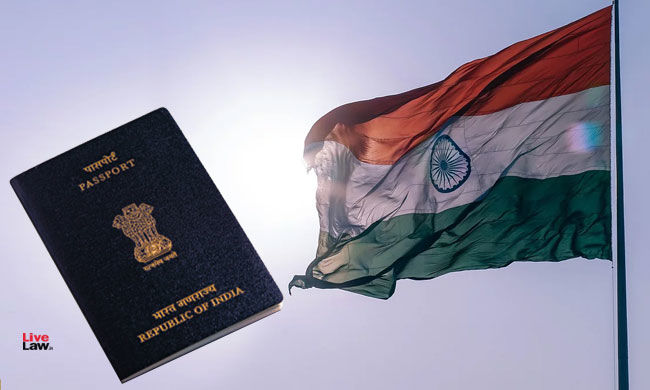A woman who was born a Nepali citizen’s validity to be elected Mukhiya of a Gram Panchayat was challenged on the grounds that she did not hold Indian citizenship. Patna HC ruled that she could not be considered an Indian citizen as under existing Constitutional and legal regime, formally relinquishing foreign citizenship or holding documents such Voter ID, PAN Card or aadhar, or living in India for many years do not determine citizenship.
“… it is not that anyone or everyone can, as a matter of right, claim Citizenship of India. Power and discretion of conferring citizenship vests with the Central Government which, of course, has to be exercised as per settled principles of Law.”
Background of the Case
The plea was by a woman whose election as the Mukhiya of a Gram Panchayat was challenged on the ground that she was not an Indian citizen.
In 2003, she had married an Indian citizen and in 2016, formally relinquished Nepali citizenship. While those who marry Indian citizens have the option of becoming citizens themselves, she did not make a formal application for citizenship under the Indian Citizenship Act, 1955. The court noted that relinquishment of original citizenship cannot be perceived as seeking Indian Citizenship since the person may migrate to another country. Continous and uninterrupted stay can also not be perceived as desire to be a citizen.
The Court also rejected her claim that the voter identity card can be used as proof of citizenship. The Court noted that the Representation of the People Act 1950 shows that non-citizens are disqualified from entering their names in the voter list, but does not provide that name in the electoral roll (voter list) would be proof of Citizenship of India, the Bench said.
This had been a contentious issue with regards to determining citizens per the CAA and NRC as much of the working class population may not have original documents beyond such identity cards. Moreover, if someone needs to be a citizen to gain a voter id, then surely it should also act as proof.
Possession of PAN card or identity card also do not confer citizenship rights, the court stated referring to Binoy Viswam v. Union of India & Ors and the Aadhar Act.
The Court also affirmed that sale records for property in India or existence of a bank account are not proof of citizenship.
Thus, the High Court affirmed the State Election Commission’s decision to set aside her election to the Panchayat on the grounds that she was disqualified for not being an Indian citizen.
Issues that arose
Given that the appellant was stuck in limbo, having surrendered her Nepali citizenship and not gained Indian citizenship, the Bench empathised with the woman. The Bench did observe that the woman’s desire to make India her permanent home are clear. They urged Central government authorities to decide expeditiously on the woman’s application for Indian citizenship.
This observation also brings to question the lack of provision for automatic conferring of citizenship based on time.
Gauhati High Court also recently dismissed citizenship claims of two petitioners on similar grounds- one of whom produced as many as 15 documents while another submitted his electoral photo identity card.



